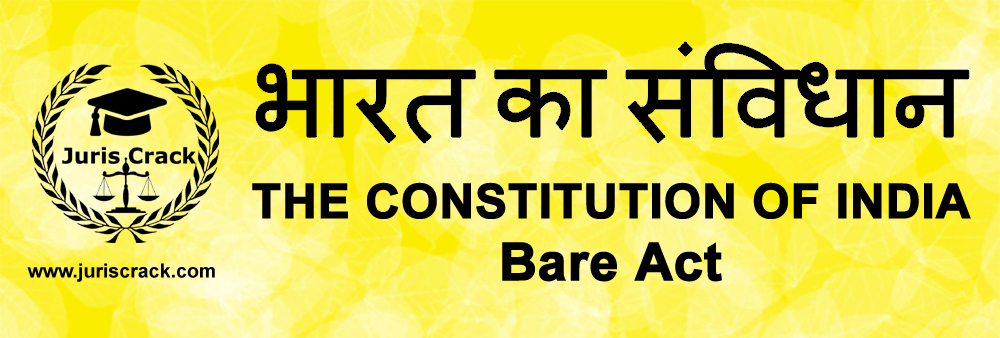(1) Subject to the provisions of any law made by Parliament the Supreme Court may from time to time, with the approval of the President, make rules for regulating generally the practice and procedure of the Court including-
(a) rules as to the persons practicing before the Court,
(b) rules as to the procedure for hearing appeals, and other matters pertaining to appeals including the time within which appeals to the Court are to be entered;
(c) rules as to the proceedings in the Court for the enforcement of any of the rights conferred by Part III;
(cc) rules as to the proceedings in the Court under Article 139A;
(d) rules as to the entertainment of appeals under sub-clause © of clause (1) of Article 134;
(e) any judgment pronounced or order made by the Court may be received and rules as to the conditions the procedure for such review including the time within which applications to the Court for such review are to be entered;
(f) rules as to the costs of and incidental to any proceedings in the Court and as to the fees to be charged in respect of proceeding therein;
(g) rules as to the granting of bail;
(h) rules as to stay of proceedings;
(i) rules providing for the summary determination of any appeal which appears to the Court to be frivolous or vexatious or brought for the purpose of delay;
(j) rules as to the procedure for inquiries referred to in clause (1) of Article 317.
(2) Subject to the provisions of clause (3), rules made under this article may fix the minimum number of Judges who are to sit for any purpose, and may provide for the powers of single Judges and Division Courts.
(3) The minimum number of Judges who are to sit for the purpose of deciding any case involving a substantial question of law as to the interpretation of this Constitution or for the purpose of hearing any reference under Article 143 shall be five:
Provided that, where the Court hearing an appeal under any of the provisions of this chapter other than Article 132 consists of less than five Judges and in the course of the hearing of the appeal the Court is satisfied that the appeal involves a substantial question of law as to the interpretation of this Constitution the determination of which is necessary for the disposal of the appeal, such Court shall refer the question for opinion to a Court constituted as required by this clause for the purpose of deciding any case involving such a question and shall on receipt of the opinion dispose of the appeal in conformity with such opinion.
(4) No judgment shall be delivered by the Supreme Court save in open Court, and no report shall be made under Article 143 save in accordance with an opinion also delivered in open Court.
(5) No judgment and no such opinion shall be delivered by the Supreme Court save with the concurrence of a majority of the Judges present at the hearing of the case, but nothing in this clause shall be deemed to prevent a Judge who does not concur from delivering a dissenting judgment or opinion.
Explanatory Video on Article – 145.Rules of Court, etc
Notes on Article – 145.Rules of Court, etc
Questions on Article – 145.Rules of Court, etc
Juris Crack provide free law notes , free video lecture , relevant mock questions , past MCQ question and legal news on The Constitution of India. One stop destination for llb students, judicial service examination preparation , civil judge preparation , law officer courses , apo preparation , clat ug and pg test preparation. We provide notes on all legal topics , past years questions and preparation strategy. Our Bilingual teaching materials help all law students to plan better for their examination. Juris Crack resource are mostly free to use and download, so that community of law students get quality materials. Become member of Juris Crack Law Community.
Article – 145.Rules of Court, etc -. Bare Act of The Constitution of India on JurisCrack with Case Laws and Video lecture





No comment